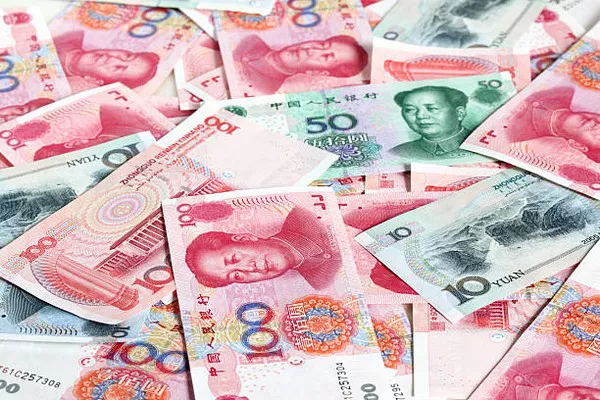The global financial landscape is intricately connected, with the value of currencies influencing various markets, including commodities like gold. One currency that holds significant sway in the international economic arena is the Chinese yuan (CNY). Its stability or instability can have ripple effects across multiple sectors, including the gold market. In this article, we delve into the potential consequences of a yuan collapse on the gold market, examining historical precedents, market dynamics, and potential scenarios.
Understanding the Yuan and Gold Relationship:
China is one of the largest consumers and producers of gold in the world. The country’s economic policies, including those concerning its currency, can significantly impact the global gold market. Traditionally, gold has been viewed as a safe-haven asset, a store of value during times of economic uncertainty or currency devaluation. Consequently, any significant upheaval in the value of the yuan could prompt investors to seek refuge in gold, driving up its price.
Historical Precedents:
History provides valuable insights into how gold behaves in response to currency crises. One notable example is the 1997 Asian Financial Crisis, during which several Asian currencies, including the Thai baht and the Indonesian rupiah, experienced sharp devaluations. In the aftermath, the price of gold surged as investors sought a safe haven amidst the turmoil.
Similarly, the 2008 global financial crisis saw a spike in gold prices following the collapse of major financial institutions and the ensuing economic uncertainty. Investors flocked to gold as a hedge against inflation and currency depreciation, contributing to a significant uptrend in its price.
Potential Scenarios:
In the event of a yuan collapse, several scenarios could unfold, each with its own implications for the gold market:
Flight to Safety: A sudden devaluation or collapse of the yuan could trigger a flight to safety among investors, leading to increased demand for gold. This surge in demand could drive up gold prices, as seen in past crises.
Economic Turmoil: A yuan collapse may also precipitate broader economic turmoil, both within China and globally. In such a scenario, central banks and investors may increase their gold holdings as a means of diversification and wealth preservation, further bolstering gold prices.
Currency Devaluations: A collapse of the yuan could potentially spark a wave of currency devaluations across other emerging markets, as investors reassess their exposure to risk. In this environment, gold may emerge as a preferred asset class, leading to heightened demand and price appreciation.
Government Intervention: In response to a yuan collapse, governments and central banks may implement various measures to stabilize their economies and currencies. These measures could include monetary stimulus, capital controls, or currency interventions. Depending on the effectiveness of these interventions, the impact on gold prices may vary.
Market Dynamics:
While the relationship between currency values and gold prices is complex and multifaceted, several key dynamics shape their interaction:
Safe-Haven Status: Gold’s status as a safe-haven asset is well-established, with investors often turning to it during times of economic uncertainty or geopolitical instability. A collapse of the yuan could reinforce this perception, driving up demand for gold as a store of value.
Inflation Hedge: Gold is also viewed as an effective hedge against inflation, preserving purchasing power in the face of rising prices. In the aftermath of a yuan collapse, central banks may pursue expansionary monetary policies, potentially leading to higher inflation expectations. In such a scenario, gold may appeal to investors seeking protection against inflationary pressures.
Investor Sentiment: Investor sentiment plays a crucial role in determining gold prices, with fear and uncertainty often driving demand for the precious metal. A collapse of the yuan could undermine confidence in global financial markets, spurring a flight to safety and boosting gold prices.
Conclusion:
The potential collapse of the Chinese yuan has significant implications for the global gold market. While the precise outcome would depend on various factors, including the severity of the collapse and the response of policymakers, historical precedents suggest that gold is likely to emerge as a beneficiary in such a scenario. Investors should closely monitor developments in China’s economy and currency policies, recognizing the potential impact on gold prices and adjusting their investment strategies accordingly. Ultimately, in an interconnected and uncertain world, gold remains a steadfast anchor in turbulent times.


